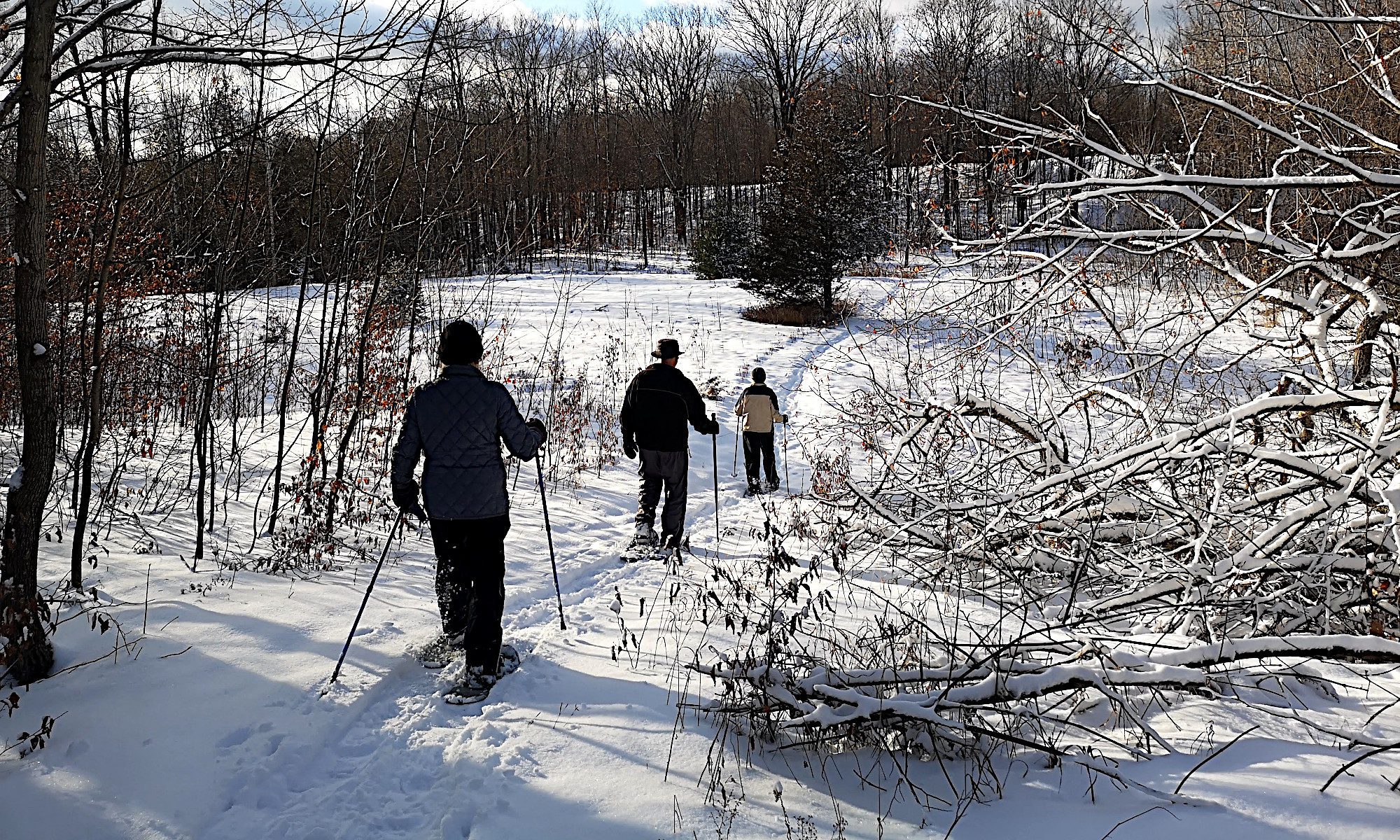
Over the past decade or so, as social media platforms such as Facebook and Twitter have become significant forums for public speech, governments in the US and elsewhere have made informal recommendations to them about their handling of issues such as hate speech, terrorist content, and disinformation. In legal parlance, this kind of contact is known as “jawboning,” a word that generally connotes an act of persuasion. But some critics, especially on the right, argue that it actually amounts to government censorship.
In 2022, the attorneys general of Missouri and Louisiana filed a lawsuit against the Biden administration, alleging that officials violated the First Amendment by “coercing” or “significantly encouraging” social media companies to block content related to the COVID-19 pandemic, the efficacy of vaccines, and the legitimacy of the 2020 presidential election. Last July (as I wrote at the time for CJR), a federal judge in Louisiana handed down an injunction that forbade government agents from engaging in behavior of this type. He also described the discussions between the administration and the platforms as the “most massive attack against free speech” in US history. The Biden administration appealed. In September, a judge of the Fifth Circuit appeals court upheld the injunction.
That judge also struck down some parts of the injunction, ruling that it was overly broad. The Biden administration was still not happy with the outcome, however. Elizabeth Prelogar, the solicitor general, asked the Supreme Court to block the order in its entirety, arguing that one of the cornerstones of presidential power is the ability to “seek to persuade Americans—and American companies—to act in ways that the president believes would advance the public interest.” Allowing the injunction to stand, Prelogar wrote, would result in “grave and irreparable harms.” She called on the Supreme Court to rule, once and for all, on whether the administration’s discussions with the platforms were lawful or not.
Note: This was originally published as the daily newsletter for the Columbia Journalism Review, where I am the chief digital writer
Continue reading “The Supreme Court hears arguments about government ‘jawboning’”




















